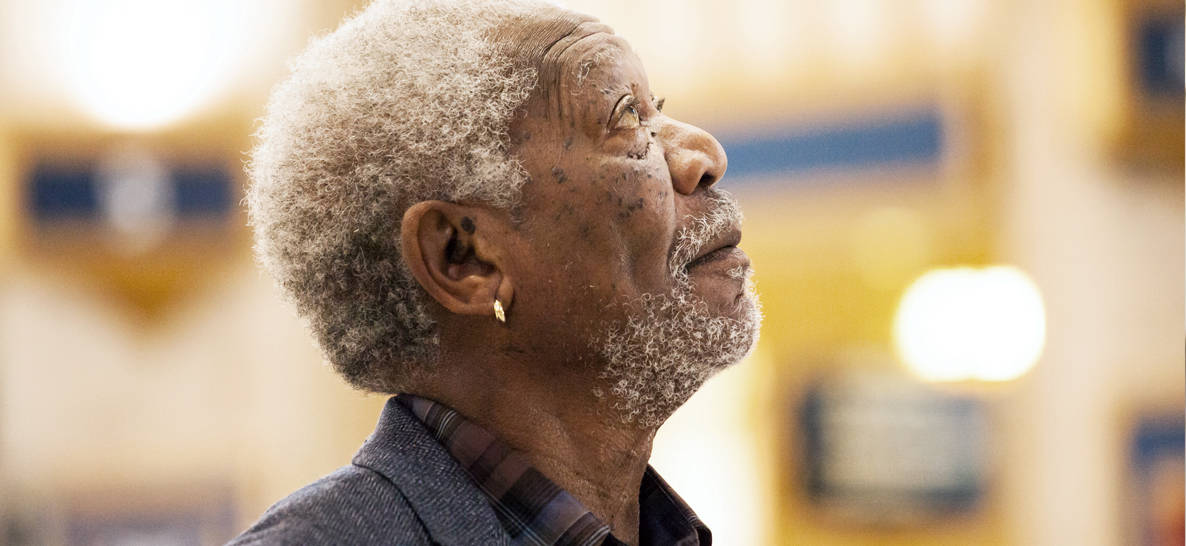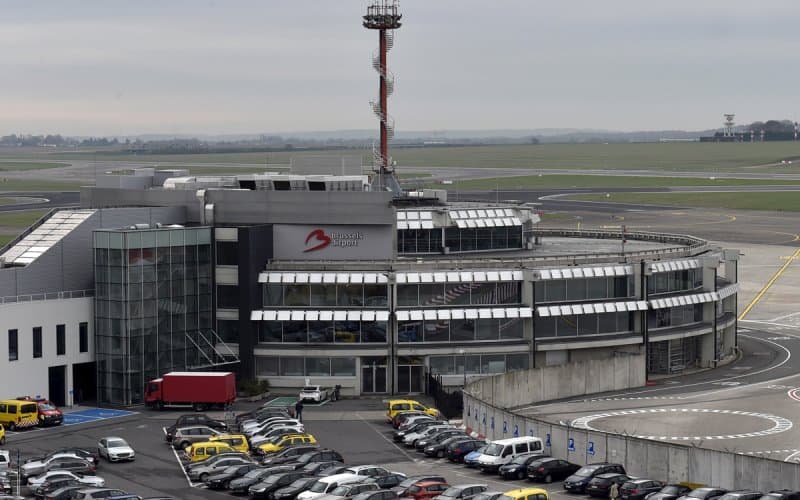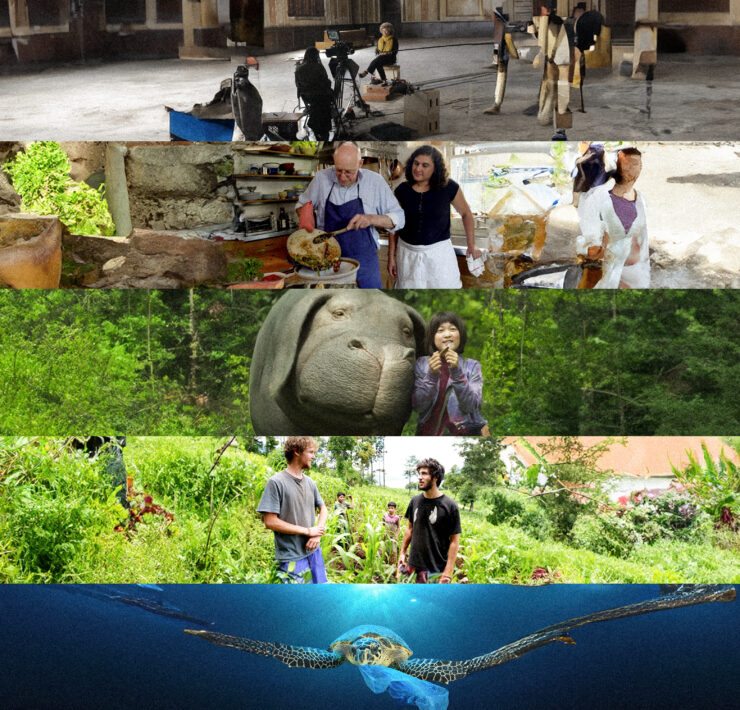
Morgan Freeman may have played God in Bruce Almighty and Evan Almighty, but recently, the legendary actor felt he needed to travel the world to learn more about Him. The idea for the epic quest started when Freeman and producing partner Lori McCreary were in Istanbul and their tour guide told them how Jesus fits into Islam.
“That started a conversation about what else we don’t know about other religions, and maybe what other people in America and around the planet don’t know about different faith traditions,” McCreary told RELEVANT. “That was the genesis of the project.”
The result is the new series The Story of God on the National Geographic channel, which follows Freeman as he visits sites of religious significance around the world. We talked with Freeman and McCreary about the journey.
What was it about the show’s vision that interested YOU?
Morgan Freeman: I’ve been fascinated by these kinds of questions since my childhood. Physics and the idea of space and the universe and cosmos and the relationship those ideas have to the idea of creation—they’re fascinating.
So we came up with the idea of doing this show. It’s really daunting if you think about it. But you can do anything you set out to do.
And one of the most fascinating things about coming up with the idea is that you may now sit having accomplished it—five full continents, 100,000 miles, and 10,000 years in history.
How do you describe the show?
Freeman: It’s this instructive, sometimes entertaining, look and examination of a very serious subject.
Lori McCreary: It feels both epic and personal at the same time, especially through Morgan’s eyes. It’s interesting to see these people light up when they’re speaking about their own faith traditions and also see Morgan light up when he learns something he didn’t know before.
The episodes also model a kind of civil interfaith dialogue. Was that part of what you were trying to do?
Freeman: That’s absolutely an intentional part of it. We didn’t set out to compare; there’s no comparison between religions. We don’t say, ‘Look at this one. This is better than that one.’ Or, ‘People who are doing this think they’re better than this one.’
All we’re doing is pointing out that, primarily, I think—and we don’t point it out explicitly—most religions are after the same thing. We’re asking the same questions for the same reasons.
McCreary: There was something very personal for each person in their interaction with God or their god. That’s what was interesting to us. It was this deeply personal, moving moment with individuals around the world.
At the end of each episode, you give a summary of what you’ve seen. In your mind, are you answering these big questions about God?
Freeman: No, I don’t think so. I hope we did not seem to have attempted to give definitive answers to these questions. I still think that no definitive answers really exist. If everybody is asking questions, the idea is to point out that we’re all asking the same ones.
What will make the show a success in your eyes?
McCreary: For me, part of the success of the show is already happening. We’re talking to people from all over the planet about God. It’s quite fascinating.
Most of the time when we have projects, we’re talking about the subject of the show, and it’s not always something I enjoy talking about so much and that I feel has the ability to connect people. [But for this project] we end up talking about how we grew up and what our belief is and things that aren’t normally talked about on a red carpet.
Freeman: End wars!






















